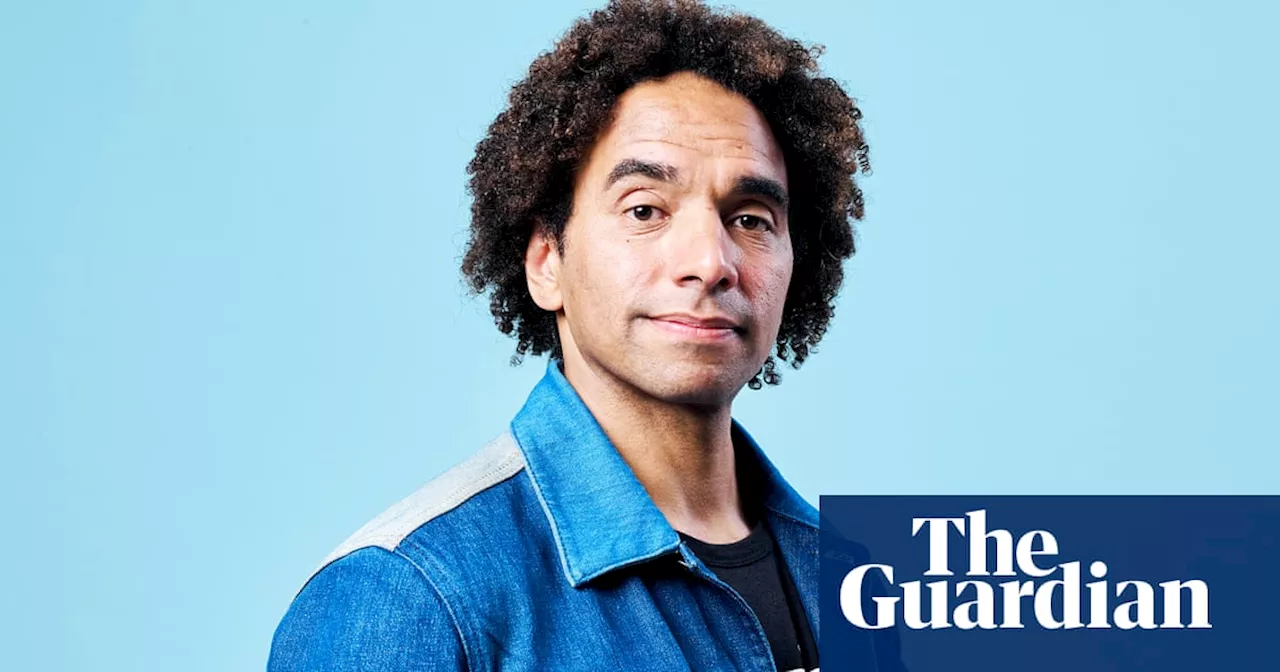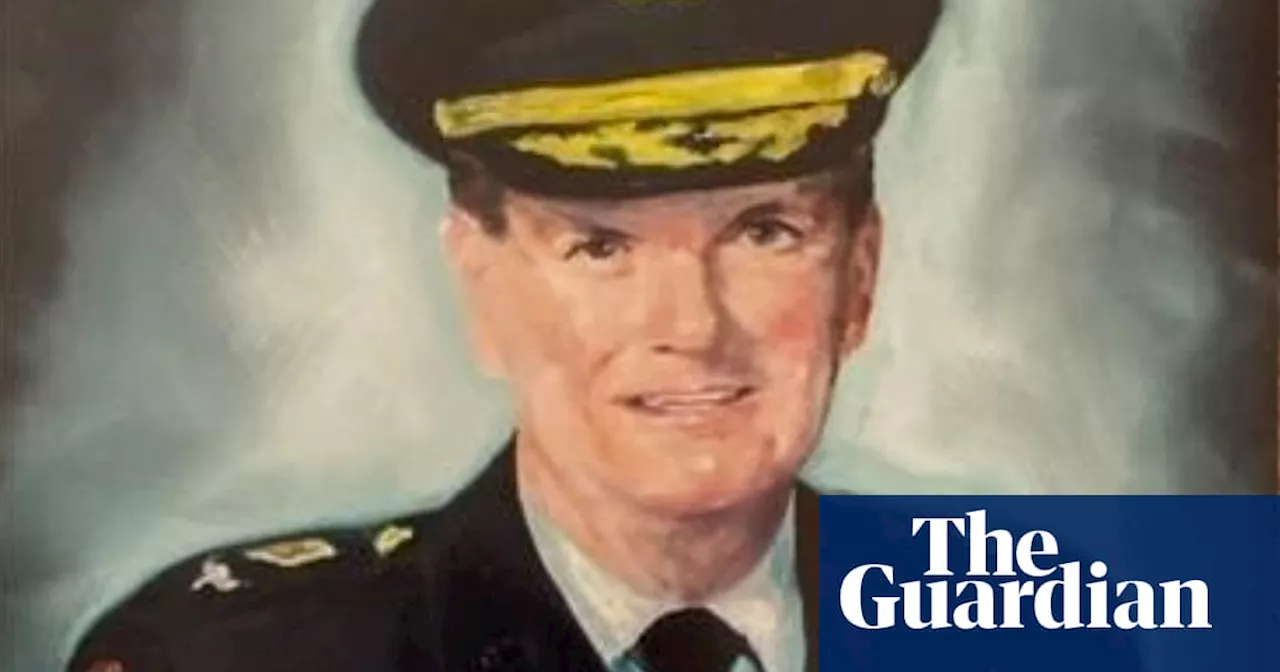Sir Rod Carnegie soared across the corporate sky in the ’70s and ’80s but was thwarted in his attempt to secure full Australian local control of mining giant CRA.
Rod Carnegie, a business giant who spent 14 years at the top but failed in his quest to peel CRA away from its UK parent, Rio Tinto, died on Sunday after a brief illness. He was 91.
He was the son of Douglas Carnegie, who raised Hereford cattle and hailed from a wealthy family of piano importers, and Margaret , who was Australia’s leading art collector, a distinguished author, and an outspoken advocate for a treaty with First Australians. Meanwhile, young Rod attended exclusive Geelong Grammar School and was an outstanding student at Melbourne University, where he studied science. Carnegie moved on to Oxford University, where he gained a master of arts and a diploma in agricultural economics. He was also president of the Oxford University Boat Club, and upset traditionalists by demanding a strict physical fitness regime.
London’s gaze then turned to Carnegie. The latter had none of the mining experience of former CRA boss Maurie Mawby, or senior executives like F.S. Anderson, Russel Madigan or Frank Espie, but he had led McKinsey teams advising on management reorganisations in London and Melbourne . Meanwhile, at CSR, chief executive Gordon Jackson was 48, and had started with the company as a clerk, later obtaining a commerce degree.
The merged company was not yet fully bedded down in 1970 when Carnegie, then aged 37, was appointed executive director, finance. He became managing director in 1972 and chief executive and chairman in 1974, serving in these roles until 1986. “Secondly there was the optimism and belief of the Americans that it could be done.” This, combined with “the ingenuity in terms of financing from England where they sold off a bit of the equity to underpin a lot of the debt. So it was a very interesting thing to observe”.
“And the third thing was the ability to mine lower-grade material or material which was previously thought to be inaccessible by using the scale that was then available.” In his recently published history of Rio Tinto in Australia, Robert Porter captures Carnegie’s “winds of change” impact on the corporate world by referring to a 1978 Carnegie speech, where he undertook “to leave CRA and Australia as my country better than it was in my boyhood and better than it is now”.“The final objective I had was to uphold and build soundly on the traditions that the leaders of CRA had created in Australia,” Carnegie later wrote.
Looking back on the 1986 Carnegie rupture with London, it is ironic that he was partly promoted to the top not because of his brilliance and extraordinary grasp of management structures. There was also a view – never formally articulated – that his relative youth would make him more amenable to London’s wishes than the stubborn, older, Broken Hill-trained Mawby executive team.
“Carnegie was an advocate and promoter, through government interaction, company submissions to various inquiries, as well as an influential and persuasive speaker on a range of topics,” Porter writes. “But the ‘Australianisation’ plan has received so many knockbacks from the federal government’s Foreign Investment Review Board that – at least around 95 Collins Street – it is no longer regarded as funny.”
But it was local politics – in particular Bougainville’s violent secessionist movement – that led to the mine’s closure three years after Carnegie left CRA. Fighting in Bougainville resulted in 15,000 deaths, or about 10 per cent of the island’s population. “While these tragic events cannot be attributed to CRA and its activities, the presence of the Bougainville copper mine was a contributing factor,” Porter writes.
London may have been alerted by company insiders that Carnegie was negotiating a highly secret plan with under-siege-by-Holmes-à-Court BHP management to secure an initial 15 per cent equity in the Big Australian. But Frame, who had a background in the UK nuclear power industry and pharmaceuticals, was planning a counterstrike. Matters came to a head at a long, tense CRA board meeting in Brisbane on July 29, 1986.
After he was ousted from CRA, Carnegie wrote to an associate: “It is hard not to think of what might have been and of course the development of CRA as a major force could have moved ahead.
Philippines Latest News, Philippines Headlines
Similar News:You can also read news stories similar to this one that we have collected from other news sources.
 ‘Extraordinary’ Joseph Coelho novel wins Carnegie medal for children’s writing‘Extraordinary’ novel The Boy Lost in the Maze takes prestigious honour while sister prize for illustration goes to Aaron Becker’s wordless The Tree and the River
‘Extraordinary’ Joseph Coelho novel wins Carnegie medal for children’s writing‘Extraordinary’ novel The Boy Lost in the Maze takes prestigious honour while sister prize for illustration goes to Aaron Becker’s wordless The Tree and the River
Read more »
 New York military veteran comes out in obituary: ‘I was gay all my life’Colonel Edward Thomas Ryan, who died at age 85, will be buried next to his life partner Paul Cavagnaro
New York military veteran comes out in obituary: ‘I was gay all my life’Colonel Edward Thomas Ryan, who died at age 85, will be buried next to his life partner Paul Cavagnaro
Read more »
 Carlos Alcaraz’s beautiful moment with Rod Laver after joining exclusive club with Wimbledon title7NEWS brings you the latest local news from Australia and around the world. Stay up to date with all of the breaking sport, politics, entertainment, finance, weather and business headlines. Today's news, live updates & all the latest breaking stories from 7NEWS.
Carlos Alcaraz’s beautiful moment with Rod Laver after joining exclusive club with Wimbledon title7NEWS brings you the latest local news from Australia and around the world. Stay up to date with all of the breaking sport, politics, entertainment, finance, weather and business headlines. Today's news, live updates & all the latest breaking stories from 7NEWS.
Read more »
 Nuclear power would cost households $200 a year more says Rod SimsDrafting backlog frustrates government’s program; big retailers face multibillion-dollar fines; Dutton ‘a charlatan and climate change denialist’ says Keating. Follow live updates here
Nuclear power would cost households $200 a year more says Rod SimsDrafting backlog frustrates government’s program; big retailers face multibillion-dollar fines; Dutton ‘a charlatan and climate change denialist’ says Keating. Follow live updates here
Read more »
 Jerry Seinfeld hits back at protesters during Melbourne show at Rod Laver Arena7NEWS brings you the latest local news from Australia and around the world. Stay up to date with all of the breaking sport, politics, entertainment, finance, weather and business headlines. Today's news, live updates & all the latest breaking stories from 7NEWS.
Jerry Seinfeld hits back at protesters during Melbourne show at Rod Laver Arena7NEWS brings you the latest local news from Australia and around the world. Stay up to date with all of the breaking sport, politics, entertainment, finance, weather and business headlines. Today's news, live updates & all the latest breaking stories from 7NEWS.
Read more »
 Hyeronimus puts Sir Lucan in Winter wonderlandHyeromimus tracked the leaders into the straight before Sir Lucan showed a turn of foot that put the race away.
Hyeronimus puts Sir Lucan in Winter wonderlandHyeromimus tracked the leaders into the straight before Sir Lucan showed a turn of foot that put the race away.
Read more »
